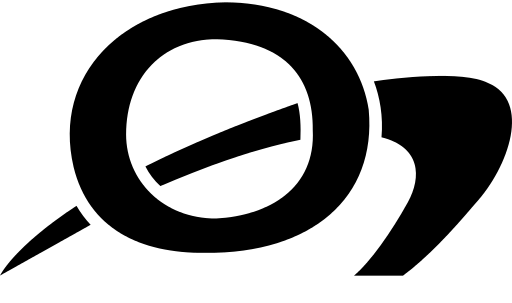
The Oberon+ Programming Language
A lean, statically typed, compiled, general-purpose, procedural, object-oriented, and garbage collected programming language in the Pascal tradition, with support for generic programming
Code Examples
Procedural Programming
module Fibonacci
proc calc*(n : integer): integer
var a, b: integer // comma is optional
begin
if n > 1 then
a := calc(n - 1)
b := calc(n - 2)
return a + b
elsif n = 0 then
return 0
else
return 1
end
end calc
var res: integer
begin
res := calc(21)
assert(res = 10946)
end Fibonacci
Generic Programming
module Collections(T)
type Deque* = pointer to record
data: pointer to array of T
size: integer end
proc createDeque*(): Deque
const initial_len = 50
var this: Deque // this is initialized to nil
begin
new(this); new(this.data,initial_len)
// semicolon is optional
return this
// this and data will be garbage collected
end createDeque
proc (this: Deque) append*(in element: T)
begin
if this.size = len(this.data) then assert(false) end
this.data[this.size] := element inc(this.size)
end append
type Iterator* = record end
proc (var this: Iterator) apply*(in element: T) end
proc (this: Deque) forEach*(var iter: Iterator)
var i: integer
begin
for i := 0 to this.size-1 do
iter.apply(this.data[i])
end
end forEach
end Collections
Object Oriented Programming
module Drawing
import F := Fibonacci
C := Collections(Figure)
type Figure* = pointer to record
position: record
x,y: integer end end
proc (this: Figure) draw*() end
type
Circle* = pointer to record (Figure)
diameter: integer end
Square* = pointer to record (Figure)
width: integer end
proc (this: Circle) draw*() end
proc (this: Square) draw*() end
var figures: C.Deque
circle: Circle
square: Square
proc drawAll()
type I = record(C.Iterator) count: integer end
proc (var this: I) apply( in figure: Figure )
begin
figure.draw(); inc(this.count)
end apply
var i: I // count is initialized to zero
begin
figures.forEach(i)
assert(i.count = 2)
end drawAll
begin
figures := C.createDeque()
new(circle)
circle.position.x := F.calc(3)
circle.position.y := F.calc(4)
circle.diameter := 3
figures.append(circle)
new(square)
square.position.x := F.calc(5)
square.position.y := F.calc(6)
square.width := 4
figures.append(square)
drawAll()
end Drawing
Unicode Support
module Unicode
var
str: array 32 of char
ustr: array 32 of wchar
begin
str := "Isto é português"
ustr := "美丽的世界,你好!" + " " + str
println(ustr)
// prints "美丽的世界,你好! Isto é português"
end Unicode
More Examples
If you are looking for representative size examples, see
- the Oberon+ version of the “Are we fast yet” benchmark suite
- a compatible version of the Oberon System (written in Oberon-07)
- Oberon+ version of a subset of the Blackbox Framework (WIP)
Documentation
Implementation
A compiler is available which generates CLI/ECMA-335 bytecode and C99 source code. There is also an IDE with semantic navigation, and source and bytecode level debugger (see screenshot).
- Source code (Github)
- Windows 32 bit version (unpack and run)
- Windows 64 bit version (unpack and run)
- macOS version (mount and run)
- Linux 32 bit version (unpack and run)
- Linux 64 bit version (unpack and run)
